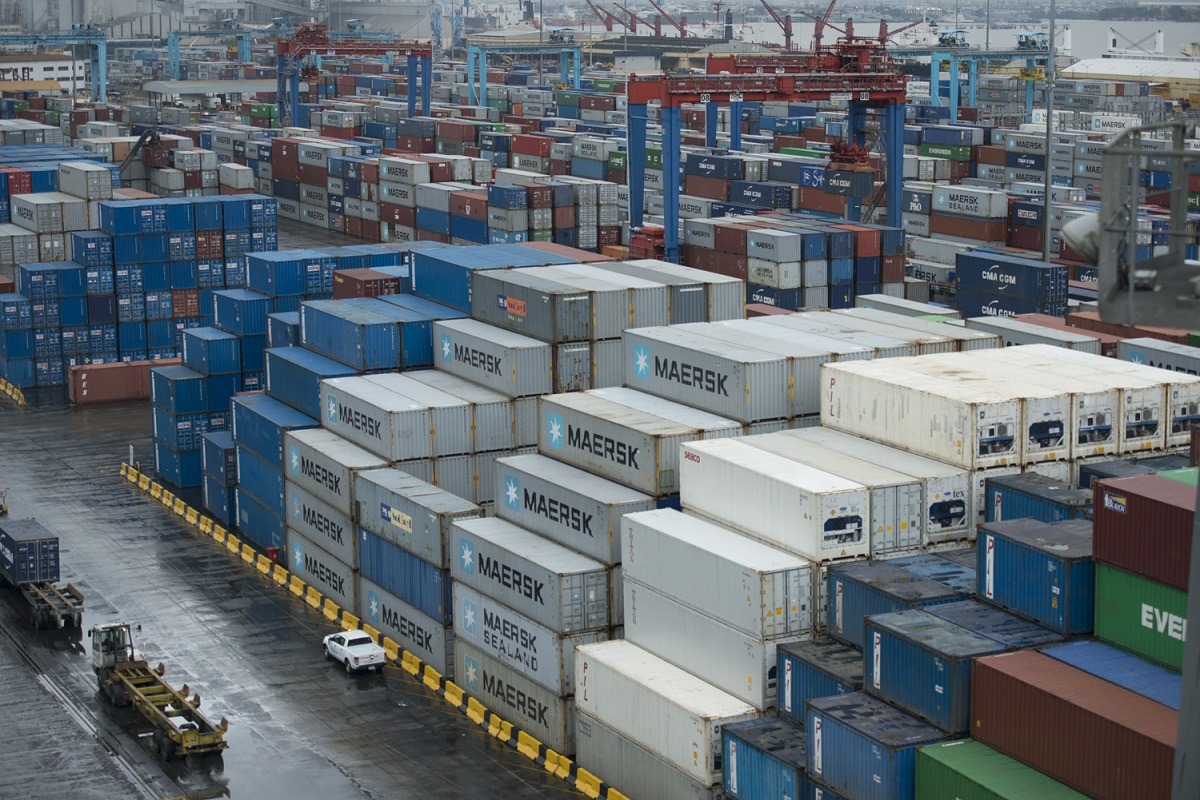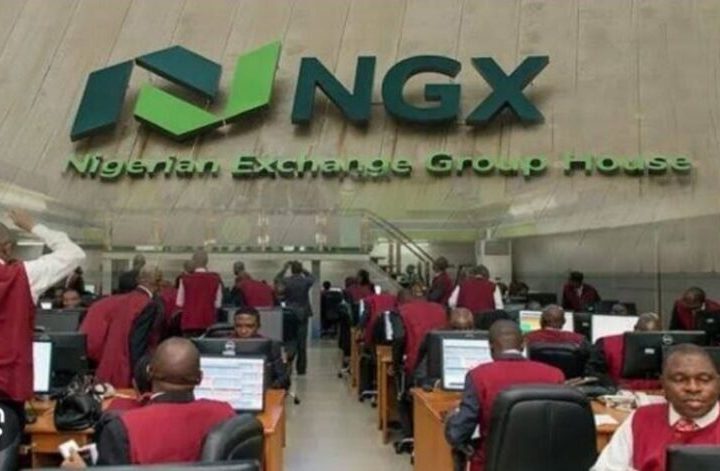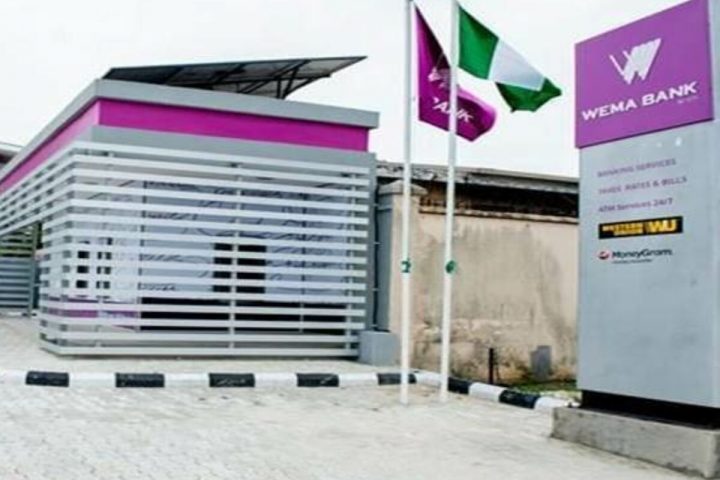The Nigeria Customs exchange rate for calculating import duty at the ports has decreased by N31.32 to N1593.41/$ from N1,624.732/$ last week.
This was according to information obtained from the official trade portal of the Nigeria Customs Service.
Join our WhatsApp ChannelThis reflects a 1.93 per cent drop.
The Central Bank of Nigeria (CBN) raised the Customs duty exchange rate for cargo clearance last week Tuesday, 12 March 2024, by N30.844 from N,593.88 to N1,624.732 following the depreciation of the naira. However, the recent strengthening of the naira on the forex market is reflected in the decline in the exchange rate for cargo clearance.
On the final trading day of last week, March 15, 2024, the naira closed at N1602.75 in the official market, according to FMDQ statistics.
Prime Business Africa reports that since the naira was floated on the foreign exchange market, the Customs exchange rate for import duty has undergone a series of adjustments in line with the official exchange rate.
READ ALSO: CBN Raises Customs Duty Rates By 59.1% In 2 Months Amid Naira Depreciation
The CBN had last month directed that the rate for clearance of cargoes be pegged on the latest official exchange rate at the point of submitting Form M by importers.
The drop means that importers will open Form M at a lower rate compared to those who opened Form M earlier last week.
Meanwhile, importers and goods clearing agents have criticized the policy of applying the exchange rate on Form M for import duty payment, saying it will make the trade process more difficult.
The Association of Nigerian Licensed Customs Agents’ national president, Emenike Nwokeoji, stated that applying the Form M rate will result in different amounts of duty being paid on comparable imports.
He argued that it would further raise questions about the nation’s system of prices for products and services.
READ ALSO: Nigeria: Why Inflation Keeps Rising
Another clearing agent who didn’t want to be named said the current system has caused volatility of rates and poses a big challenge for importers in terms of planning and pricing of goods after clearing them from the ports.
Victor Ezeja is a passionate journalist with seven years of experience writing on economy, politics and energy. He holds a Master's degree in Mass Communication.




















Follow Us